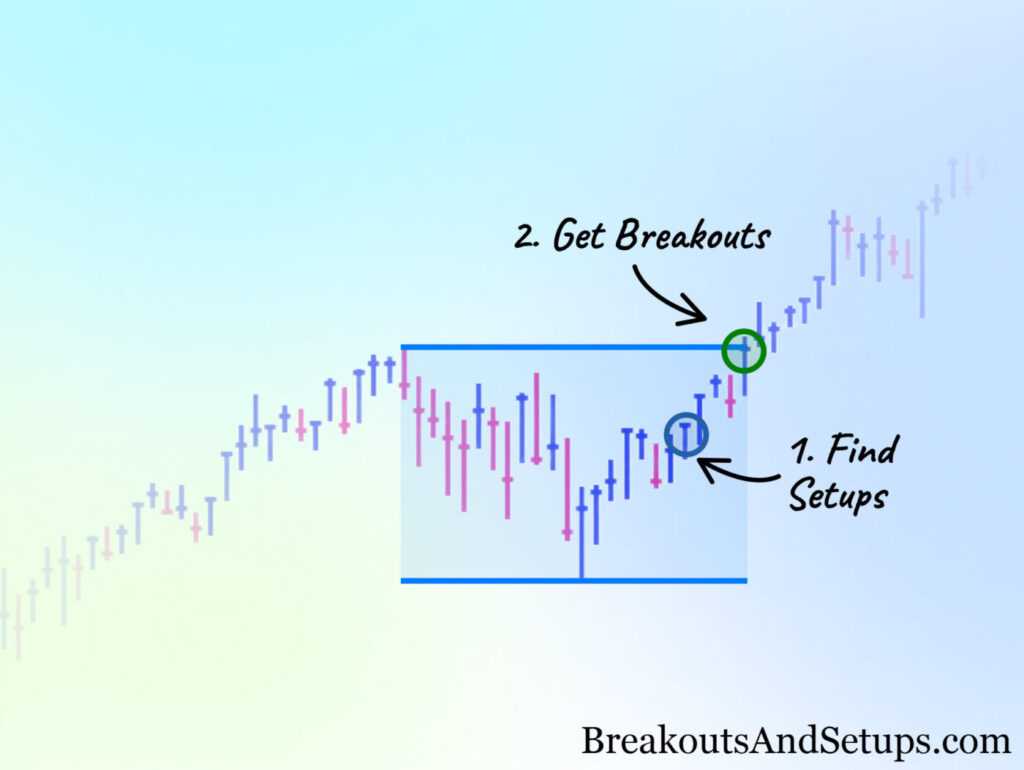How Does the Stock Market Work?
The stock market —you know you should invest in it, but how does it work? Stocks, exchanges, and indexes are not as complicated as you may think. You can quickly become a stock investor today with a little knowledge and a small investment. And those small investments compound over your working years to create a significant retirement fund. With that in mind, let’s discuss how the stock market works and go over common stock investing terms you should know.
Basics of Stocks
Stocks, also known as equities, represent ownership in a company. Some companies have private shareholders, while publicly traded companies allow public investors to be part owners. When a publicly-traded company does well, it rewards shareholders, the individuals, companies, and institutions that own a stock share. These companies can pay dividends, increase in value because of the earnings per share, or change the price-to-earnings ratio.
Understanding the Stock Market
Now that you know the basics of stocks, it will be easier to understand how it works. When an investor wants to purchase or sell stocks, the stock market facilitates the transaction. Investors buy and sell shares between each other instead of a company selling shares directly. In a sense, the stock market is like an auction house. Buyers want to purchase shares at one price, while sellers want to rid of their stocks at another.
How Do Stock Markets, Exchanges, and Indexes Differ?
Although people often speak about stock indexes and stock exchanges interchangeably, exchanges, markets, and indexes are different. Here are the main differences to know.
Stock Markets: A stock market represents all the stocks you can purchase in a specific geographical region.
Stock Exchanges: A stock exchange or an exchange for short is the marketplace where equity trading occurs. Several exchanges list different stocks.
Stock Indexes: A stock index is a compilation of stocks grouped in a specific way. Indexes make it simple to compare prices in particular sectors of the market.
Now that you know the differences between these three terms let’s move onto the money. How exactly do you calculate a stock’s price? Let’s discuss.
What’s Up with Stock Prices?
Why do stock prices rise and fall? The supply and demand of a stock influence its price. If a company’s stock has demand, investors drive the bid price up. As investors sell shares, more supply of the stock is available, and the price goes down. Stocks are essentially the price that an investor will pay to become an owner of the business. But why, when there is more demand than supply, are people able to purchase shares at all?
Stock markets operate because of market makers. Investors do not purchase shares directly from one another. Instead, a market maker holds shares and inputs buy and sell orders. In turn, the market maker earns a spread, which is the difference between the highest offer to purchase and the lowest offer to sell. These prices are known as the bid and ask, respectively.
Stock Marketing Investing
If you want to purchase or sell a stock, use a broker. Brokers have a license to trade on the exchange. It can either be an individual that helps you buy and sell stocks or an online broker. While personal brokers can advise you on buying and selling stocks, they are more costly. Thus, if you are looking for the most affordable way to trade stocks, an online broker will be your best option. It is also the fastest way to invest, as brokers put in your buy order at their earliest convenience.
Diversifying Your Portfolio
But what are your options while investing? Instead of selecting one or two stocks, you can invest in a mutual fund. Mutual funds are collections of stocks in several different companies. Instead of growing your money rapidly, a mutual fund aims to match a market index’s growth. Since the can be market downturns, these are great options for retirement investing. If you want to make money for short-term goals occurring in the next five years, stock trading is ideal for you.
Bull and Bear Market Definitions
When you hear other investors say that it is a “bull market,” or a “bear market,” what exactly do they mean? Bull markets occur when investors are optimistic. Whenever there is excitement about economic growth, investors purchase shares. These additional purchases drive up prices while growing your money. Alternatively, bear markets are the opposite. They are moments of fear for investors, where stock prices fall 20% or more. Generally, there are fewer bear markets, which rewards long-term investors.
Differences Between Stock Market Crashes and Corrections
Before going into the strategic ways to invest in the stock market, it is crucial to speak about fear. Fear influences your decisions, making it challenging to decide what to do as an investor. Thus, it is essential to plan for times when the stock market goes down. During market corrections, prices drop 10% or more. Likewise, market corrections also occur, tanking markets by double-digits suddenly. Instead of panic selling your shares, it might be best to wait for the next bull run without locking in losses.
What Are Simple Stock Market Strategies?
There are several different stock investing strategies that you can try. These strategies include:
Dollar-cost averaging. This is the practice of purchasing investments regularly.
Momentum investing. A strategy where you purchase stocks before they go on an uptrend.
Growth investing. The strategy of purchasing stocks will see rapid growth during the future bull markets.
Value investing. When investors search for undervalued stocks, they believe it is at a discounted price.
As you can tell, there are several ways that you can invest in the stock market. Whether you prefer to select individual stocks or mutual funds, the best option is to invest for the long-term.
In conclusion, investing your money in the stock market is a strategy that can prepare you for retirement or fund your short-term goals. How you invest and what you invest in is up to you. You can decide to do it yourself with an online broker or opt for a personal broker that acts as an investor. Overall, stock investing is a straightforward way to grow your wealth for retirement and your other financial goals.
Still Wondering How The stock Market Works?
You are not alone. Trading can be overwhelming. Finding great stocks may feel like finding a needle in a haystack. The truth is there are signs that experienced traders know to look for that indicate when a stock is set to take off. It can take years of practice, and years of losing money, before you learn the secrets they don’t teach you in school. When you sign up for Alpha Alerts you unlock the benefit of those secrets today!!!
Join our service and get an Alpha Alert every Friday with one BIG STOCK PICK that is getting ready to take off! We even tell you WHEN to buy so you can get in BEFORE the crowd. Sign up today!





